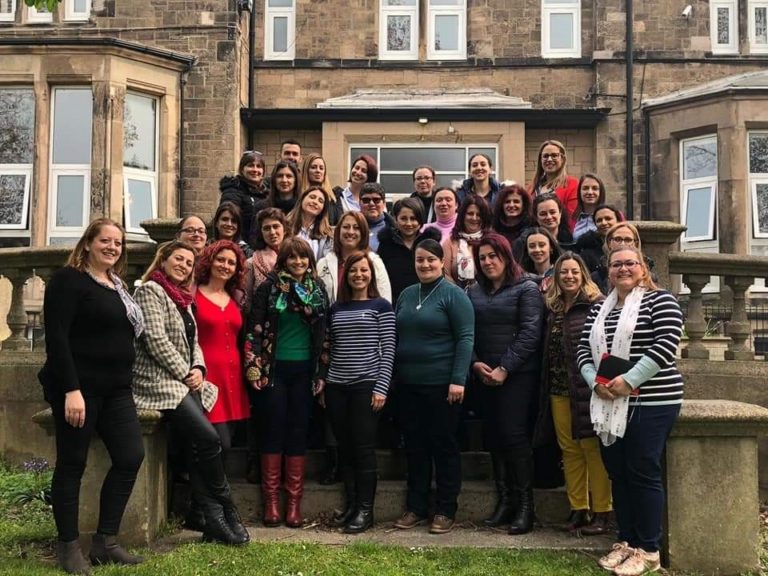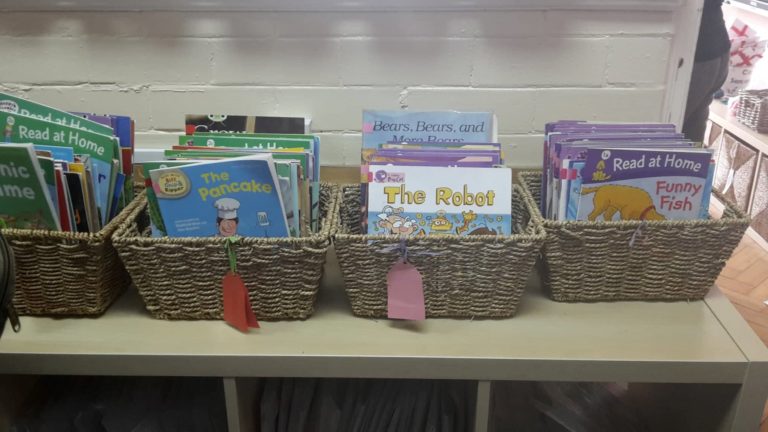Testimonial from Mr Elton Vella, Head of School at Bishop’s Conservatory Gozo following visit in Liverpool as part of an Erasmus + project. Other schools participating in this project include St. Augustine, St. Joseph Paola, St Francis Cospicua, St. Paul’s Missionary College Rabat and St. George’s Primary School in Liverpool.
As representatives of Bishop’s Conservatory Junior School a number of educators and myself recently participated in ‘Read It’.
This project focused on a variety of principles to be implemented in the Primary sector. The experience was eye-opening to say the least. Even now, several weeks later, I find myself reflecting on the immeasurable benefits that such programmes offer to us educators at a time when the education sector is constantly facing change, challenges and development.
The project focused on three main areas.
- Observe and find ways of improving literacy within the pivotal early years through a phonics programme. We also observed how after the completion of this programme, students progress to a more advanced literacy tasks.
- Increasing professional development of educators in the school and;
- Consolidate professional learning communities.
The intense days of discussions, workshops, observation and practice sharing obviously served as an exciting springboard for ideas and thoughts to take shape. Being in another country and working within diverse groups containing educators from all walks of life, backgrounds and school realities, sharing good practice came naturally and was, perhaps, the most profound part of the entire experience. Educators will always relish the opportunity to find ways to expand upon their ideas with peers, vent about challenges that we face in our day-to-day endeavours in class and also venture to propose ideas that would still be a seed in the mind that needs more watering.
The process of laying out the way we work for our colleagues, while also hearing how they go about their work, is always inspiring. It certainly helps to increase the educator’s confidence when s/he receives acknowledgement that solidifies the good that is already being done while also opening that person up to new perspectives and ways of approaching things. Moreover, because the entire group was made up of colleagues from other Maltese schools (St Augustine Primary, St Francis Cospicua, St. Paul’s Missionary College and St Joseph Paola), this was also an exciting opportunity for all of us to establish stronger relationships and connections with each other and the work being implemented in our respective schools. This was an extremely interesting process that sought to amalgamate these new approaches with the established Action Plans and Learning Outcome Frameworks in our current system.
The effect of this programme did not just extend itself to the confines of the number of days we spent in Liverpool. In fact, one could say that the real development of what was planted during these workshops started to blossom once we were back in our metaphorical playing field. Educators felt empowered, intellectually recharged and injected with renewed energy. The entire experience highlighted the need to have a wider space for communication and dialogue even within our own school environment.
Educators did not procrastinate and immediately set about tweaking their already well-organised teaching plans to accommodate this new awareness. As a result, there is more flexibility, collaboration and dynamism. As Head of school. this was also a reflective experience for me. Being present and on the same playfield as the other educators enabled me to become more conscious of challenges and necessities that only an educator in class can be aware of on a daily basis.
This first hand experience allowed the possibility to truly understand, in detail, the lay of the land and also provide adequate support when it will, invariably, be needed.
On a final note, we would like to extend our thanks to the Secretariat for Catholic Education, especially to Ms Sonia Zammit who on regular basis crosses the channel to come and help us implement the recommendations outlined in the project.
The same thanks are extended to the Head of School and team of St George’s who gave us a warm welcome to their school in Liverpool during each visit and provided us with professional development that is sure to bear fruit in years to come.
It was one that blew open our minds and hearts to new possibilities that will definitely aid us in what is, after all our common goal: facilitating and ensuring a qualitative learning experience through the skill set of highly-trained professional educators that will keep enabling the holistic development of our beloved students.









